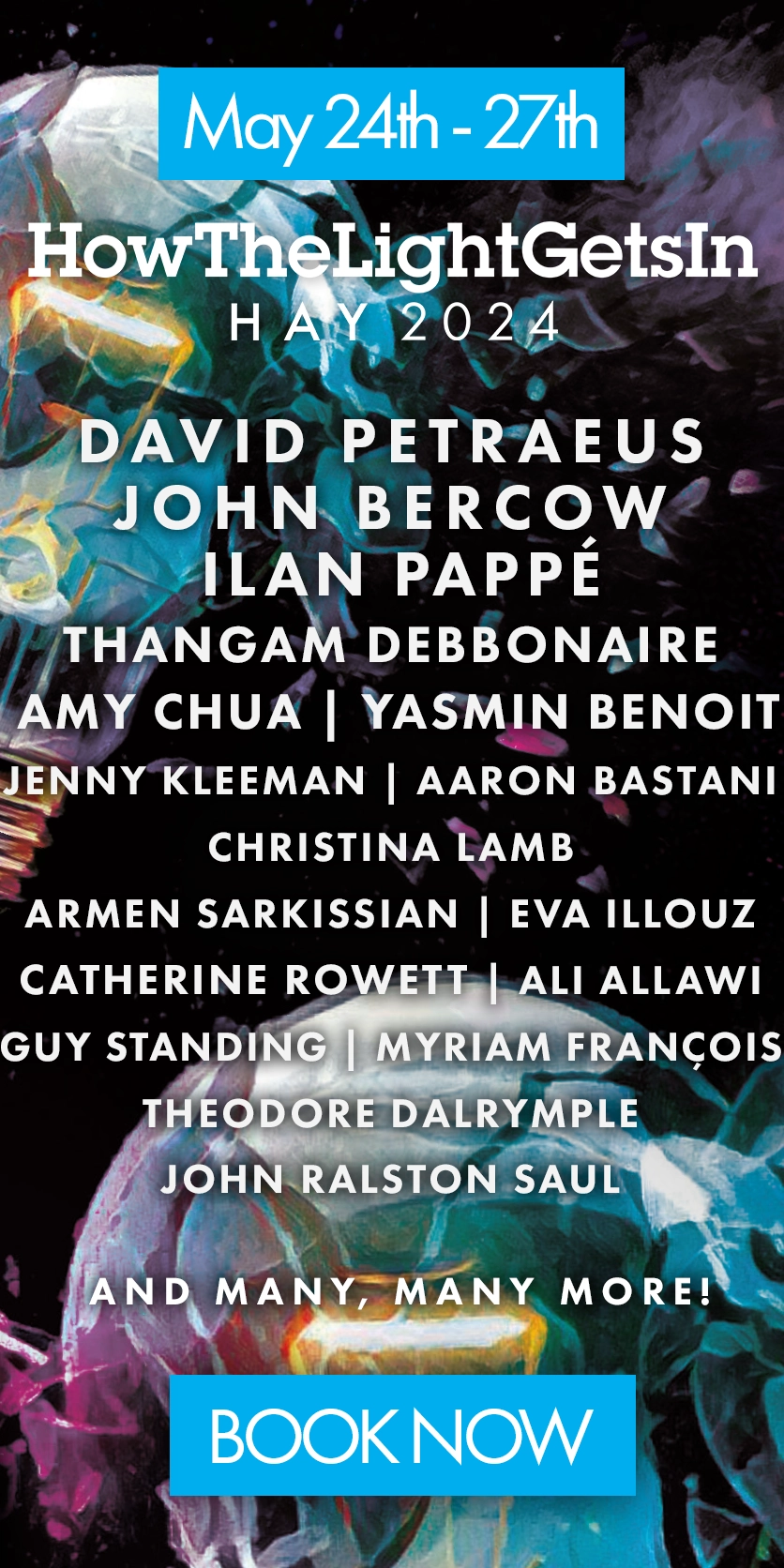Is knowledge overrated? Many philosophers think so. They have been convinced by the horrors of 20th century totalitarianism that the pursuit of knowledge for its own sake is not only dangerous but ruinous for humanity. This mistrust of knowledge – particularly scientific knowledge – now percolates throughout the humanities.
If there is anything resembling an unassailable doxa in the humanities, it is the following: absolute truth is a totalitarian ideal and the desire to know everything harbours a murderous impulse. We should give up our Platonic obsession with knowing the reality behind appearances and appreciate instead the multifaceted ambiguity of appearances, as well as the plurality of perspectives on the world. These have become familiar tenets of postmodern skepticism.
But skepticism is as old as philosophy and its resurgence in the second half of the 20th century needs to be put into historical perspective. Doubt about the fundamental worth of knowledge is always a symptom of a culture experiencing a crisis of self-confidence and our epoch is no different in this regard. The memory of technologically implemented genocide and the looming threat of ecological catastrophe stoke our postmodern disillusionment with knowledge.
This disillusionment threatens to metastasize into full-blown cognophobia. For an influential strand of 20th century European philosophy, it is not only the ideal of knowledge but also the desire to know which is essentially culpable: from Nietzsche, through Heidegger and Adorno, to Levinas, the desire to know is identified with the desire to subjugate. Knowledge prefigures violence. This hyperbolic – and implicitly theological – equivalence urges us to abandon an ideal of knowledge that is not merely unattainable but dangerous.
As we move into the 21st century, the anguished skepticism of these European thinkers has given way to an altogether less tragic, more sanguine depreciation of knowledge. There is a cheerfully upbeat variety of postmodern skepticism all too willing to shrug off Socrates’ worries about the difference between knowing and not knowing. In this regard, postmodern skepticism merely reiterates its ancient predecessor. The goal of ancient skepticism was ataraxia, the state of serene imperturbability attendant upon the suspension of cognitive judgment. When the difference between knowing and not knowing becomes impossible to adjudicate, only release from the desire to know can quell philosophy’s perennial Socratic anxiety. Give up wanting to know and you will be satisfied with not knowing. This is skepticism’s perennial appeal: by encouraging us to give up the desire to know, it promises to unburden us of the labour of justification required to satisfy this philosophical desire. Thus it is not certainty that skepticism invites us to abandon, but the philosophical demand to justify our certainties. It is this cognitive demand that philosophy’s skeptical detractors continue to denounce as one that can never be satisfied.
Far from requiring us to give up our certainties, radical skepticism invites us to give up the compunction to justify ourselves, thereby promising us a certainty that is no longer susceptible to rational justification. This is of course its seductive appeal and the reason why it remains the sly adjutant of religion.
Image credit: Jonathan Cohen

















Join the conversation